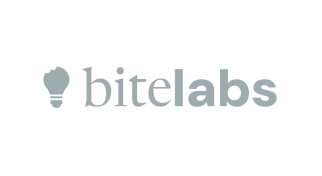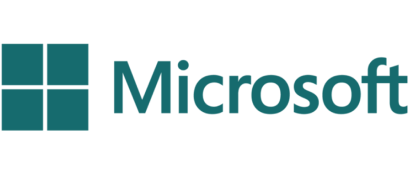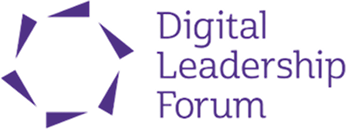

Healthcare
Training
SOPHIA partnered with leading global institutions—including the NHS, Harvard Medical School, MITxPro, and Bitelab US—to design and deliver a multi-level training program that empowers healthcare leaders, managers, and clinicians to understand and apply AI responsibly. From strategic leadership to ethical clinical use and operational efficiency, the program equips healthcare professionals with the tools to drive meaningful digital transformation.
+
Healthcare Professionals Trained
+
Countries Represented
World-Class Partners
AI Based Health Tools
Co-developed
Defining the Problem
Traditional training models often fall short, focusing too narrowly on technical aspects or failing to contextualise AI within real-world healthcare settings. What was needed was a tiered and inclusive approach to build practical, cross-functional AI capabilities that could support clinical innovation, enhance patient outcomes, and improve health system performance.
Our Solutions
We created executive programs on AI strategy, digital health, and innovation to help healthcare leaders drive responsible, large-scale AI transformation using case studies, scenario planning, and system frameworks.
2. Operational AI for Hospital Managers
We delivered AI workshops for hospital management, focusing on ROI and efficiency for non-technical audiences, covering:
* Bed occupancy prediction
* Staff scheduling optimisation
* Resource allocation using machine learning models
For clinical teams, the training combined case studies and hands-on practice with tools used in modern care environments, which are:
* AI clinical application in diagnostics, triage, and treatment
* Understanding algorithmic bias and decision-making under uncertainty
* AI ethics, law, and social impact in patient care
4. Computer Vision in Healthcare
We created modules simplifying computer vision for hospital and outpatient use, including:
* Radiology image interpretation
* Skin condition classification
* Patient monitoring and anomaly detection
Impact
Two innovative solutions were born directly from program collaborations:
*A postnatal depression support chatbot, now piloted in maternal health units, provides guidance and early intervention for new mothers.
*A PTSD support chatbot, designed in consultation with trauma specialists to deliver scalable, AI-powered mental health support.
Participants report increased strategic clarity, stronger interdepartmental collaboration, and the ability to evaluate AI initiatives with a critical, evidence-based mindset. Several institutions have since launched internal AI task forces and pilot projects as a direct outcome of the training.












Similar Case Studies


Corporate
Training
As generative AI began disrupting industries, Bloomberg took a bold, early step...
Read Study


Corporate
Training
What began as a national upskilling initiative with Microsoft Italy is now...
Read Study


Consulting
Corporate
SOPHIA partnered with the UK-based Digital Leadership Forum (DLF) to deliver customised...
Read Study